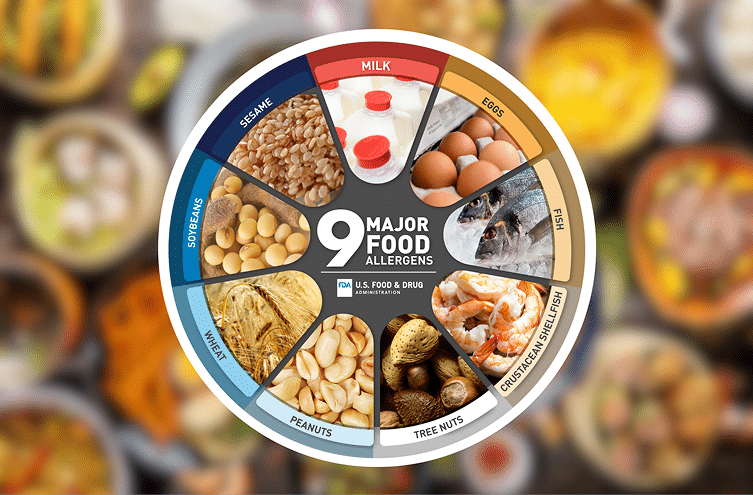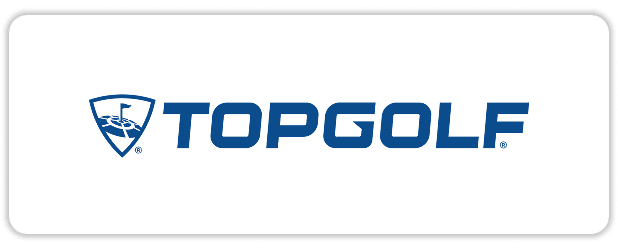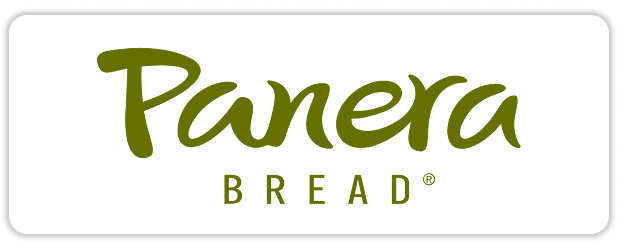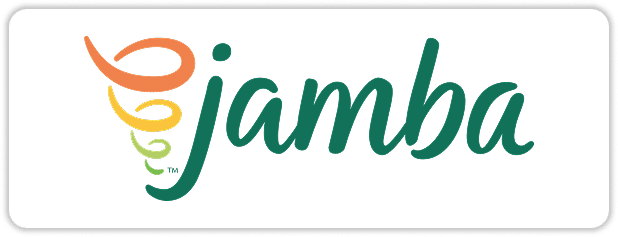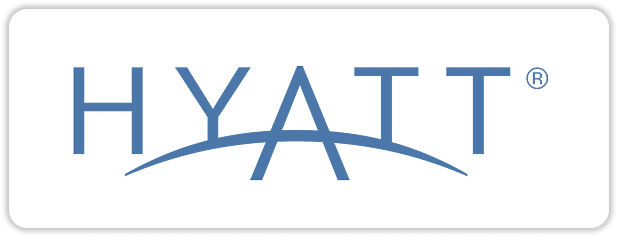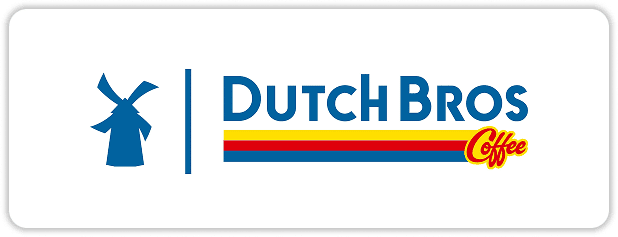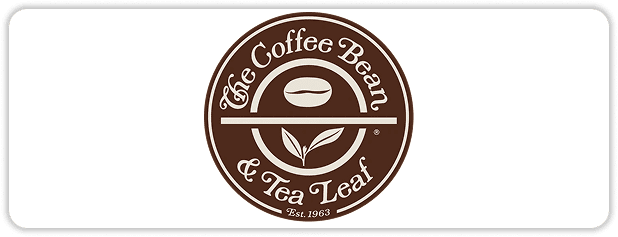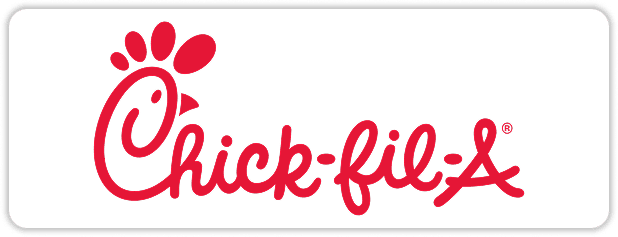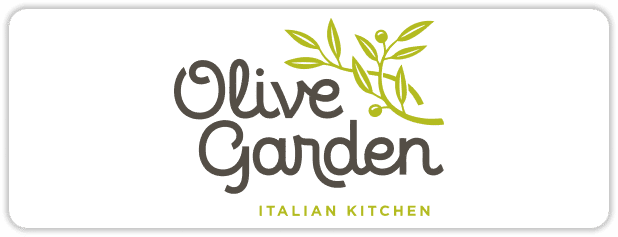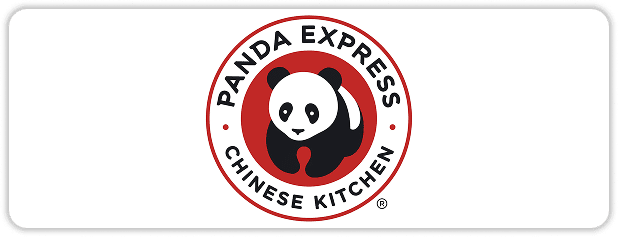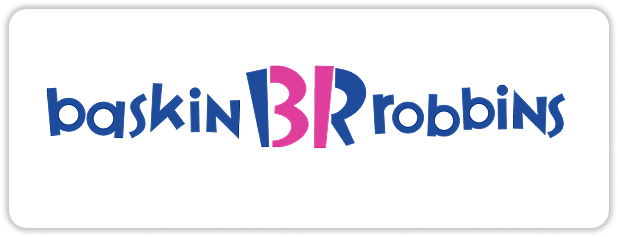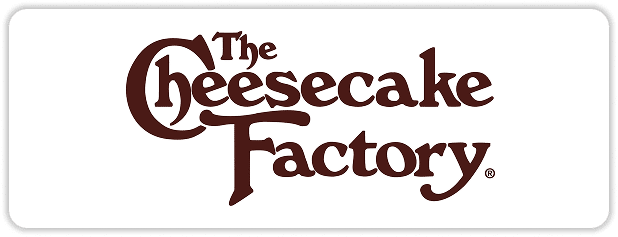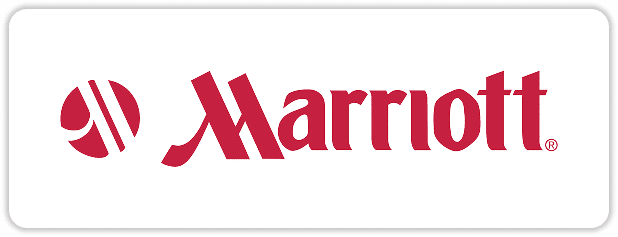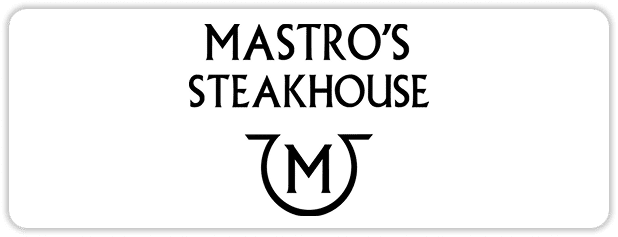
Food Safety Regulations & Why They Are Important?
Food safety regulations are crucial for ensuring our food is safe, healthy, and free from harmful contaminants. Various organizations and government bodies establish these regulations to help ensure that food products are safe for consumption and prevent foodborne illnesses.
This blog will discuss the importance of food safety regulations and some must-know regulations in the food industry. We will also discuss personal hygiene, food worker illness, and how AAA Food Handler training can help improve food safety.
Food Safety Regulations Importance and Who Makes Them
Food hygiene regulations are crucial because they protect consumers from foodborne illness. Foodborne illnesses can be caused by harmful bacteria, viruses, or parasites that can contaminate food. In addition, the severity of the illnesses can vary from mild to life-threatening in certain instances.
Therefore, Food health regulations are implemented to prevent the spread of foodborne illnesses and ensure our food is safe.
Food safety compliance are made by government agencies, such as the Food and Drug Administration (FDA) and the United States Department of Agriculture (USDA). These agencies work to create and enforce regulations that protect consumers from foodborne illness. They also work with food manufacturers, distributors, and retailers to ensure these regulations are followed.
This blog will discuss the importance of food safety regulations and some must-know regulations in the food industry. We will also discuss personal hygiene, food worker illness, and how AAA Food Handler training can help improve food safety.
Important Food safety compliance for Professionals in the Food Industry

Food industry professionals must be aware of several food health regulations to ensure their products are safe for consumption. Among the most critical regulations are the following:
Sanitation Measures
Sanitation measures are critical to maintaining food safety in the food industry. Food manufacturers must ensure that their facilities are clean and free from contaminants. It includes regular cleaning and sanitizing of all equipment, surfaces, and utensils.
Food manufacturers must also ensure that their employees follow proper handwashing procedures and wear appropriate clothing, such as hairnets and gloves, to prevent contamination.
Employees and Customers
A restaurant interacts with numerous individuals daily, including guests, employees, delivery personnel, and those involved in the food supply chain. As a result, it is critical to establish ground rules as part of a food safety system.
Smoking should not be tolerated in the kitchen, and food-handling personnel should be required to go to designated areas to smoke.
To avoid customer complaints about hair in their food, chefs and other kitchen staff should always wear head caps or hairnets. Failure to do so is a violation of food safety standards.
Water and Sewage Disposal
Water and sewage disposal are critical aspects of food safety in the food industry. Food manufacturers must ensure that their water sources are safe and free from contamination. They must also ensure that their sewage disposal systems are properly maintained and do not risk contamination of their food products.
E-coli and Campylobacter are harmful microorganisms that can cause serious foodborne illnesses and are frequently found in contaminated water. Therefore, installing floor drains throughout the kitchen area is recommended to ensure liquid waste’s safe and efficient disposal.
Pests and Rodents
Pests and rodents can pose a significant risk to food safety in the food industry. Therefore, food manufacturers must prevent pests and rodents from entering their facilities and contaminating their food products. It includes regular pest control measures and proper storage and disposal of food waste.
Preventing Contamination During Food Processing & Packaging

Food manufacturers are responsible for ensuring that their packaging materials are free from any contaminants that could pose a risk of contamination to their food products. It includes proper storage and handling of packaging materials and labeling potential hazards.
Personal Hygiene
Personal hygiene is critical for ensuring food safety. Food workers must maintain proper hygiene practices, such as handwashing, wearing clean clothing and protective gear, and avoiding contact with food products when sick. In addition, proper personal hygiene practices help prevent the spreading harmful bacteria and viruses.
Food Worker Illness
Food worker illness is a significant risk factor for foodborne illness. Sick food workers can transmit harmful bacteria and viruses to food products, putting consumers at risk. Therefore, facilities need policies that require sick workers to stay home and for food workers to report any symptoms of illness to their supervisors.
Improve Food Safety with Online Training
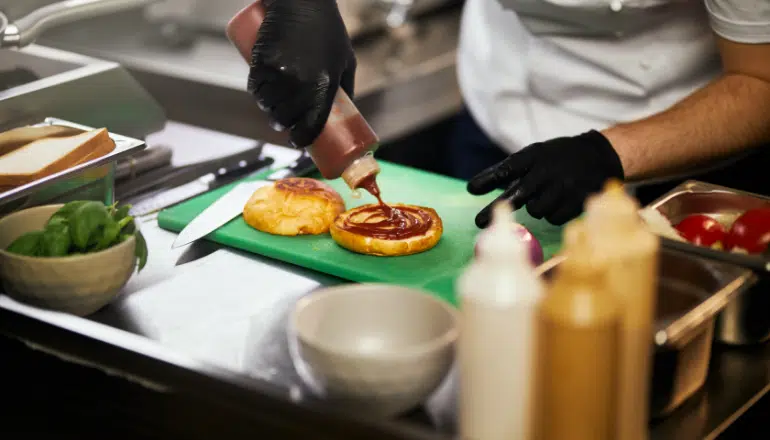
AAA Food Handler offers online training programs that can be used to improve food safety in the food industry. Trainings provide knowledge of Food health regulations, personal hygiene, preventing contamination, and preventing food worker illness.
AAA Food Handler’s programs are designed to be accessible and affordable, making it an excellent option for small businesses and individual food workers. By completing a food handler or food manager program, food workers can become certified and demonstrate their knowledge and commitment to food safety.
In conclusion, food safety compliance are essential for ensuring our food is safe and free from harmful contaminants. In addition, personal hygiene, preventing food worker illness, and training are critical aspects of food safety that can help to prevent foodborne illness.




